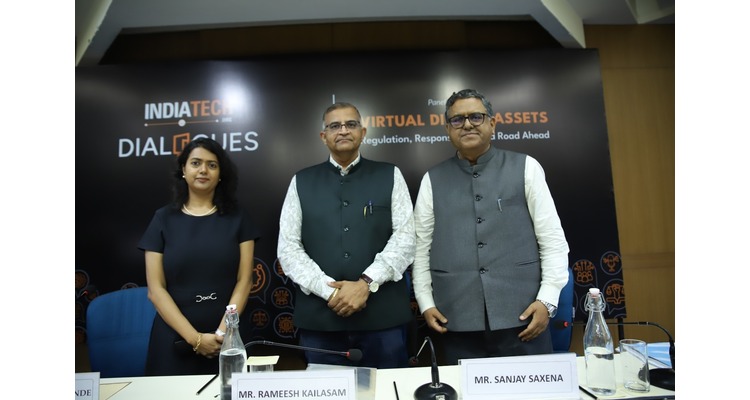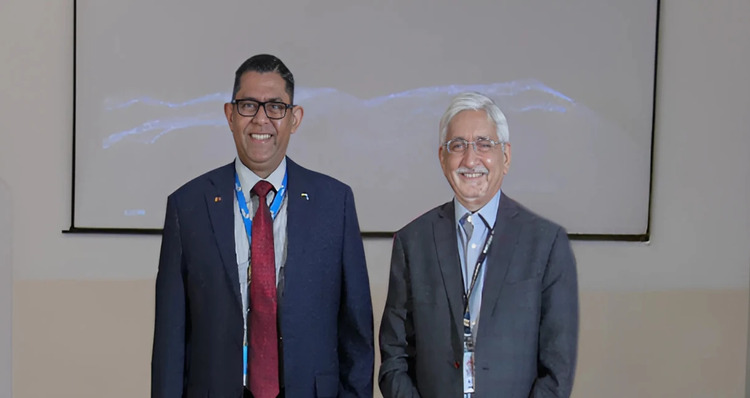IndiaTech.org, the industry body behind the latest edition of IndiaTech Dialogues, has recently brought together legal experts and key stakeholders to call for urgent policy intervention aimed at addressing jurisdictional gaps and establishing clearer accountability frameworks within the crypto ecosystem.
The event took place at the India Habitat Centre in New Delhi and focused on the theme ‘Virtual Digital Assets: Regulations, Responsibility, and the Road Ahead.’
It featured a panel of prominent experts, including Rashmi Deshpande, the Founder of Fountainhead Legal, Chirayu Bagree, a technology lawyer and VDA investor, Sanjay Saxena, a digital payments expert, and Rameesh Kailasam, the CEO and President of IndiaTech.org, who also moderated the discussion.
The conversation revolved around the WazirX controversy, which has become a flashpoint in India’s crypto regulation debate.
The panel highlighted the complications faced by Indian investors due to the platform’s corporate structure. WazirX, although primarily catering to Indian users, is operated by a Singapore-based parent company, Zettai Pte Ltd.
This has forced legal proceedings, including restructuring and moratorium efforts, to take place outside India, leaving domestic investors struggling for representation.
The situation has been further exacerbated by the 2024 cyberattack on WazirX, which severely impacted investor confidence.
Many affected users are now pushing for legal action within India, including the initiation of proceedings through the National Company Law Tribunal (NCLT) to provide investors a formal recourse under Indian law.
Sanjay Saxena stressed the need for a regulatory overhaul, pointing out that current oversight is inadequate.
“Without third-party audits and transparent processes, investor trust will continue to erode. Refunds in fiat currency do not safeguard the rightful digital asset claims of users. An NCLT-led process could offer the much-needed legal clarity and protection,” he said.
Echoing these concerns, Rashmi Deshpande emphasised the vulnerability of users in the absence of enforceable domestic frameworks.
“Assets transferred offshore should not leave Indian investors powerless. We urgently require regulations mandating solvency norms, data transparency, and local legal remedies,” she said.
IndiaTech.org’s Rameesh Kailasam noted the global nature of digital assets and the need for investors to understand their rights across jurisdictions.
“India must take definitive steps to establish legal mechanisms for dispute resolution and insolvency within the crypto space. Investor protection cannot remain an afterthought,” he asserted.
Adding to the discourse, Chirayu Bagree highlighted the lack of a unified regulatory system in India as a key challenge.
“This vacuum leaves both investors and platforms exposed. What’s needed is a dedicated regulatory body for crypto that ensures global credibility and domestic enforceability. More importantly, sustained collaboration between regulators, industry players, and the government is essential,” he remarked.
The event underlined the urgent necessity for India to formulate a regulatory framework that balances innovation with investor safety.
With crypto adoption growing and investor risks becoming more apparent, the panel’s message was clear, without swift and decisive regulation, the trust in India’s digital asset ecosystem could be at stake.
Send news announcements/press releases to:
info@thefoundermedia.com




